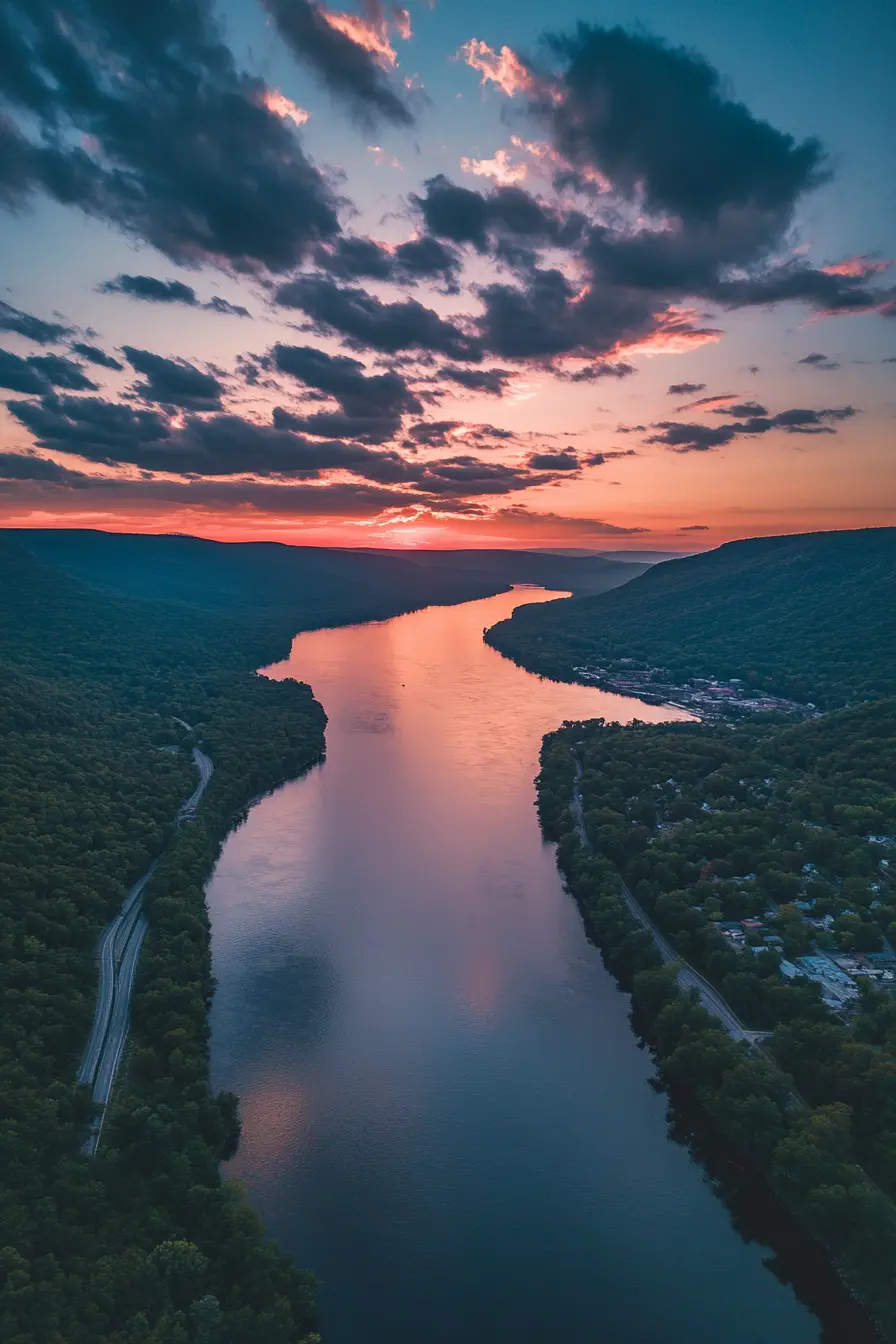About Us
EcoHome is a climate-tech company based in New York's Hudson Valley, dedicated to helping homeowners reduce energy costs, lower carbon emissions, and improve home comfort.





Our Mission
EcoHome exists to help homeowners take meaningful climate action through affordable, data-driven energy upgrades. Our platform simplifies complex decisions, offering personalized assessments, energy-saving recommendations, and access to state and federal incentives.
We aim to scale decarbonization efforts by collaborating with state agencies, contractors, and utilities. By connecting homeowners with reliable resources, cost-saving incentives, and expert guidance, we make energy-efficient upgrades and beneficial electrification accessible to all households.
- Homes Served
- 1,800+
- Average Energy Savings
- 25%
- Emissions Reduced
- 2,000 tons
Our Values
At EcoHome, we believe in empowering homeowners to make energy-smart decisions that lower costs, enhance comfort, and reduce emissions. Our commitment is rooted in three core principles:
-
1Inclusivity
- We are committed to providing all homeowners with fair access to energy-efficient solutions, regardless of financial or social circumstances.
-
2Collaboration
- Our solutions go beyond individual homes to strengthen energy resilience, support state and utility decarbonization efforts, and contribute to global emissions reduction.
-
3Innovation
- We harness the power of data, technology, and personalized insights to help homeowners make smarter, more effective upgrades—maximizing both environmental and economic benefits.
Our Team
We’re a passionate group of climate innovators, engineers, and energy experts, committed to transforming how homeowners approach sustainability.
Our team brings together a diverse range of talents and experiences—combining deep expertise in building science, climate innovation, software development, and clean energy finance. From certified passive house consultants ensuring our recommendations meet the highest industry standards to strategists driving market transformation, every member contributes specialized skills and fresh perspectives that fuel our mission. Together, we’re creating solutions that bridge advanced technology with practical energy-saving strategies, making home sustainability accessible, affordable, and impactful for everyone.
At the helm of this effort is our leadership team, Brad Johnsmeyer and Thad Allender, who guide EcoHome’s vision with their combined expertise in data, technology, and innovation.

Brad Johnsmeyer, CIO and Data & Insights Engineer, spent 15 years at Google, where he built the Data Insights team within Google Marketing. His expertise in data engineering and analytics shaped EcoHome’s home data model, developed alongside New York energy auditors and building scientists to provide accurate, personalized recommendations for homeowners.

Thad Allender, CEO and Software Architect, brings nearly two decades of experience in software development, product design, and cloud architecture. With a strong background in launching and scaling successful startups, Thad focuses on building scalable, data-driven solutions that help homeowners enhance energy efficiency and reduce their carbon footprint.
We’re just getting started—and we’re looking for passionate, experienced leaders in climate tech to join us on this journey. If you’re based in the Mid-Hudson region of New York and want to help shape the future of sustainable living, we want to hear from you. This is your chance to work with a dedicated team at the forefront of innovation, making a real impact on homeowners’ lives and driving meaningful progress toward a cleaner, healthier future. Let’s build something transformative together.
Join Our Team
